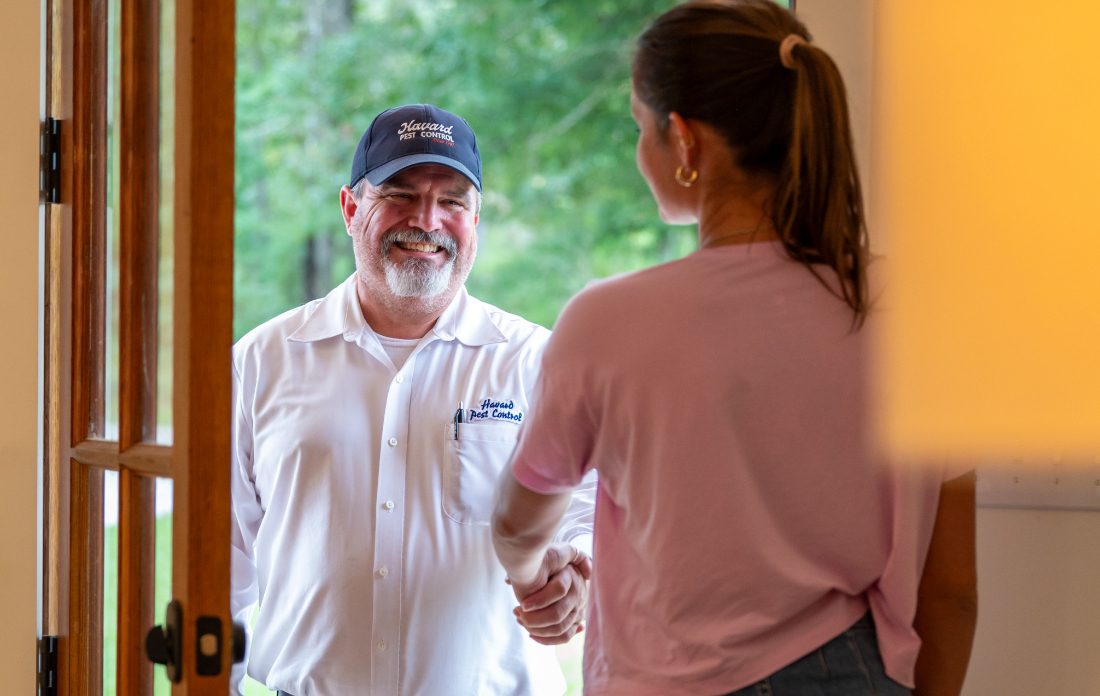FAQs
ASK THE HAVARD EXPERTS
Frequently Asked Questions
How do I know if I have bed bugs?
The most common sign of bed bugs is the appearance of multiple bites on a host. These bites are usually grouped together and can form a raised red rash that is often confused with allergies or skin conditions. Other signs include visible feces, exoskeletons, and egg casings left behind by the bed bugs themselves. Look for discoloration or staining on sheets caused by feeding.
Bed bugs feed on blood and require a blood meal in order to lay their eggs, because of this, they will often nest close to their host. Inspect the seams of your mattress and bed frame looking for signs of bed bugs. Next, move outwards around the room, focusing on upholstered furniture, cracks in furniture, in and behind dresser drawers, and behind electrical outlet covers.
Are bed bugs a seasonal pest problem?
What causes moisture issues in crawl spaces?
What is brown rot and white rot?
How can I tell the difference between a subterranean termite infestation and a Formosan one?
How do I know if I have a termite problem?
How much does termite control cost?
How do I renew my termite warranty and how much does it cost?
If I find a wild animal in my attic or crawlspace, what should I do?
Is it safe for me to clean up droppings?
What health risks are associated with wildlife in Alabama, Louisiana, and Mississippi?

Want Havard for Your Business?
Protect your business with industry-leading pest control solutions tailored to commercial properties. Keep your workplace pest-free—learn more about our commercial services today!
Commercial Pest Control

Locations
With offices across Mississippi, Louisiana, and Alabama, we provide expert pest control right where you need it. Find the nearest Havard location and get started today!
Where we service

Free Inspection
From termites to rodents to moisture control, we offer customized solutions to eliminate pests and protect your home or business. Schedule a free inspection!







